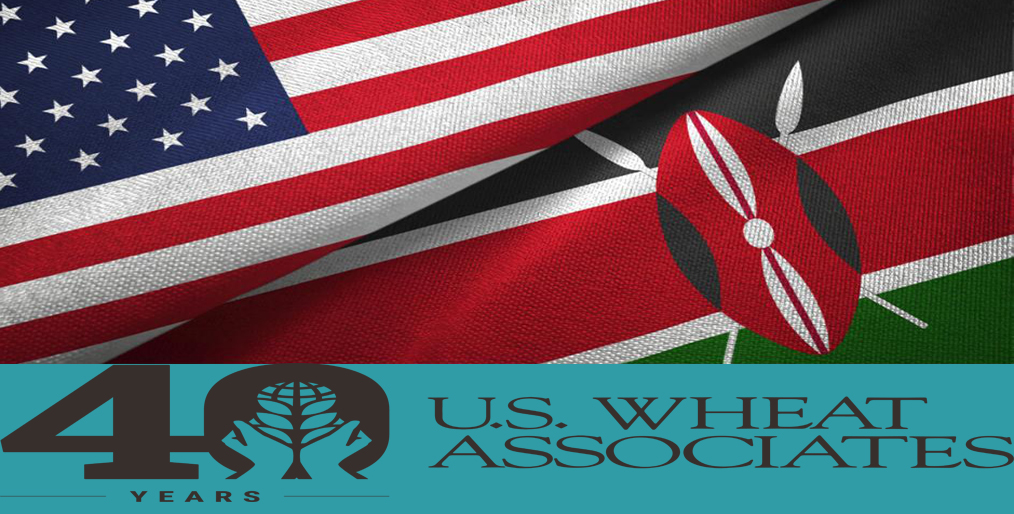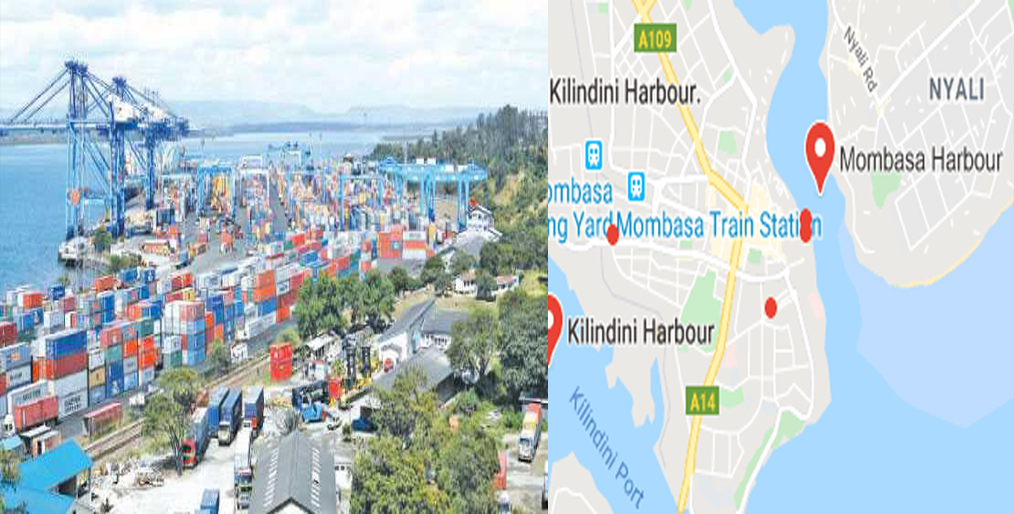
[caption id="attachment_3945" align="aligncenter" width="1014"] File Picture[/caption]
GFMM desk: US wheat growers welcomed the recent news that Kenya lifted trade barriers on some US grown wheat and at the same time agreed to initiate discussions on a Free Trade Agreement (FTA). Kenya imports around 2 million metric tons (MMT) annually from the US market. The US Trade Representative has announced the start of talks with Kenya. It is mandated under the renewal of the African Growth and Opportunity Act (AGOA) of the 2015.
The US-Kenya Trade and Investment Working Group has adopted a phytosanitary protocol for Kenya that will allow US wheat farmers in the Pacific Northwest (PNW) region to enter the Kenyan wheat market for the first time in more than a decade. Kenya has historically maintained a non-scientific SPS barrier against US wheat from the region due to concerns over the possible presence of a plant disease known as flat smut. Kenyan sanctions have also affected U.S. wheat exports to Uganda, but not because the country banned Flag Smut. Uganda is a land-locked country that uses Kenyan port facilities, forcing them to comply with Kenya's import requirements.
[caption id="attachment_3940" align="aligncenter" width="1014"]
File Picture[/caption]
GFMM desk: US wheat growers welcomed the recent news that Kenya lifted trade barriers on some US grown wheat and at the same time agreed to initiate discussions on a Free Trade Agreement (FTA). Kenya imports around 2 million metric tons (MMT) annually from the US market. The US Trade Representative has announced the start of talks with Kenya. It is mandated under the renewal of the African Growth and Opportunity Act (AGOA) of the 2015.
The US-Kenya Trade and Investment Working Group has adopted a phytosanitary protocol for Kenya that will allow US wheat farmers in the Pacific Northwest (PNW) region to enter the Kenyan wheat market for the first time in more than a decade. Kenya has historically maintained a non-scientific SPS barrier against US wheat from the region due to concerns over the possible presence of a plant disease known as flat smut. Kenyan sanctions have also affected U.S. wheat exports to Uganda, but not because the country banned Flag Smut. Uganda is a land-locked country that uses Kenyan port facilities, forcing them to comply with Kenya's import requirements.
[caption id="attachment_3940" align="aligncenter" width="1014"] Port of Mombasa, Kenya, File Picture[/caption]
Kenya's domestic wheat production meets about 10 percent of its annual demand. Even though Kenya maintains a 10 percent import duty on wheat from all sources, they are usually price sensitive buyers. The country supplies most of the source of wheat imports from nearby suppliers — Russia, Ukraine and the EU, which often have the advantage of prices and freight compared to PNW wheat supply. The combination of these barriers holds the key to expanding the US wheat market share in the FTA, which will address the remaining issues of SPS and provide tariff benefits to US wheat. This will allow Kenyan flour millers to have access to low-cost US wheat supplies. The United States currently supplies about 5 percent of this market, or about 120,000 MT per year.
US Wheat Associates (USW) believes that the announcement to start talks with Kenya is a right move. Following this it is likely to serve as a model of trade negotiations with other African countries.
Source: Online/SZK
Port of Mombasa, Kenya, File Picture[/caption]
Kenya's domestic wheat production meets about 10 percent of its annual demand. Even though Kenya maintains a 10 percent import duty on wheat from all sources, they are usually price sensitive buyers. The country supplies most of the source of wheat imports from nearby suppliers — Russia, Ukraine and the EU, which often have the advantage of prices and freight compared to PNW wheat supply. The combination of these barriers holds the key to expanding the US wheat market share in the FTA, which will address the remaining issues of SPS and provide tariff benefits to US wheat. This will allow Kenyan flour millers to have access to low-cost US wheat supplies. The United States currently supplies about 5 percent of this market, or about 120,000 MT per year.
US Wheat Associates (USW) believes that the announcement to start talks with Kenya is a right move. Following this it is likely to serve as a model of trade negotiations with other African countries.
Source: Online/SZK
Comment Now